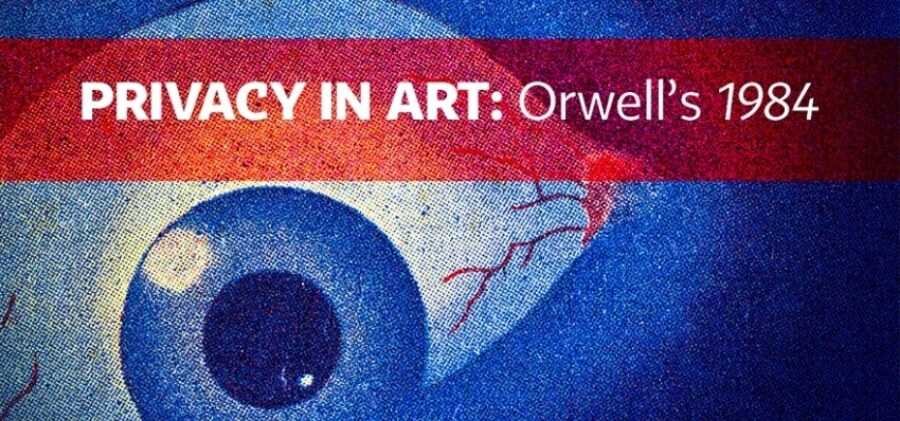From May 26, the new European GDPR law is supposed to protect our personal data, stored online and not only. It was necessary to lose millions of personal data and hundreds of hours in the courts at the global level to become the beginning of the obvious: Simple citizens can protect their personal data from the big companies that operate and prosper from the specific data.
How much is feasible?
GDPR For our sake
If 20 years ago we were talking about the impact that connectivity and data collection has on the world's personal, social, and professional lives, we would have been called hyperbole and opponents of it. technology.
Today that the monitoring and even the identification of our toaster is now a reality, the European GDPR law comes to protect that we have not protected for at least twenty years.
Do you think it will stop the thousands of calls that call us for promotional purposes? These phone calls come from personal data transfers or customer lists.
The advertising approach of Google, YouTube and Facebook has been and nobody knows for how long it will continue to be an informal collection of personal data. The GDPR discloses to us what we already know, and once again asks for our explicit consent. The other is imposing very high fines, which should have been in place for a very long time.
Violations
But the specific measure with the very high fines in case of non-compliance with the law, or in case of data leakage, will facilitate early warning from some company that was breached towards its customers?
Until now, it has been observed that companies that were infringed kept the seal off so as not to tarnish their reputation. Usually we got the information when it was too late, that is, after the data leaked to the underground forums.
Today, in addition to this, the bogeyman of a very high was added fineon the one hand for the inability to protect the data, but also on the other hand for not reporting the breach in time...
What do you think will happen?
Right to oblivion
Of course it is worth mentioning that it allows us to delete our data from a company list and supports the right to be forgotten…
Associate Professor of Law at AUTh, Ioannis Igleszakis present the conflicting opinions on the “right to be forgotten” introduced by the new General Data Protection Regulation.
Critics of the regulation question its necessity and take the view that it will be the biggest threat to freedom of speech on the internet in the years to come, while Justice Commissioner Viviane Reding, a commissioner for justice and vice-president of the European Commission, argues that it is a modest expansion the right to privacy.
The fact that it is happy at the moment is that there seems to be a consensus that the "right to oblivion" can not lead to the eradication of history and to transform modern society into a "paranoid society", nor to act as a pretext for censoring the cyberspace, on the contrary, the invocation of freedom of expression can not be an excuse to preserve absolute digital memory.
GDPR Questions
Naturally, the new law was created to make things better for the end user. Here are some questions:
For companies, things seem to be somewhat more complicated. All companies were and are required to keep their personal data in order not to leak. 
Will GDPR be certified? Will it become another ISO, or HASP? Who will give it and at what price? The same applies, more or less, to intermediaries. Who certifies us the certification authority? Do all the data eventually end up in the "safe" tanks of a state-owned data protection authority?
Reminds you of George Orwell's 1984?
Image: iapp.org
___________________________________
- Mark Zuckerberg: should he be fired?
- Tails 3.7: for your anonymous Internet browsing
- Smsfoto.net: Phishing sms messages on the supermarket Sklavenitis





